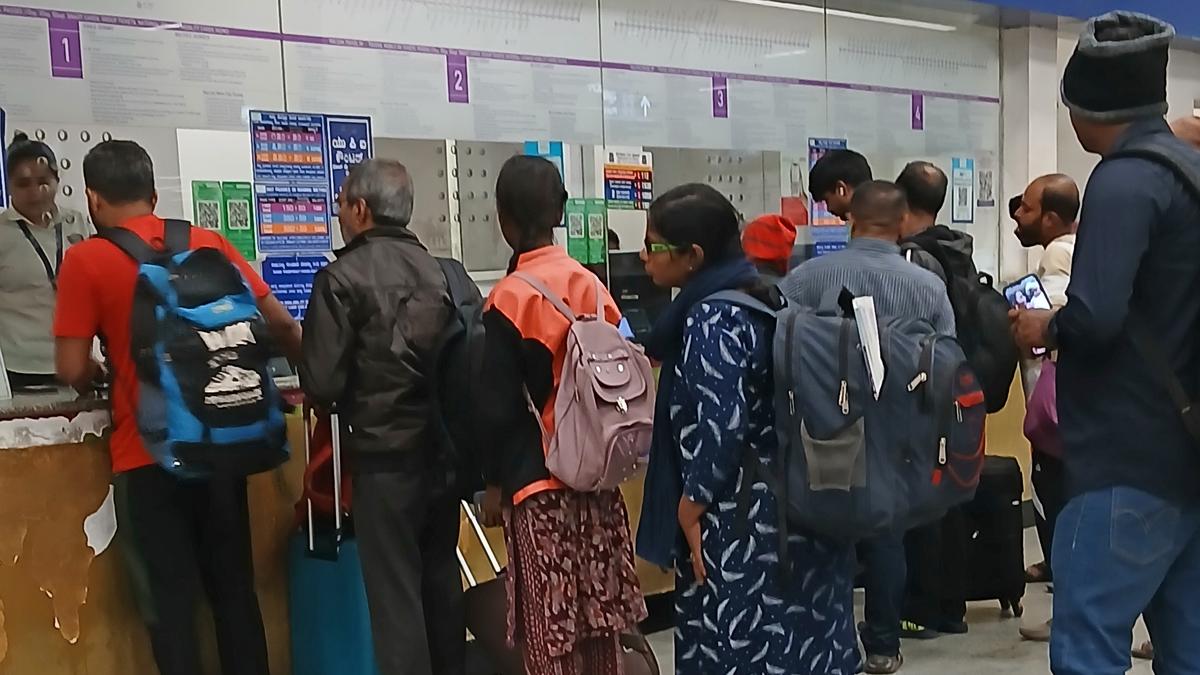
Bengaluru metro fare hike sparks concerns over increased traffic congestion
The Hindu
Commuters are expressing growing concerns that the recent hike in Namma Metro fares will push more people to use personal vehicles, exacerbating the city’s already severe traffic congestion.
Commuters are expressing growing concerns that the recent hike in Namma Metro fares will push more people to use personal vehicles, exacerbating the city’s already severe traffic congestion.
With end-to-end fares increasing from ₹120 to ₹180, many are now reconsidering their daily travel choices and are opting for shared cabs and autorickshaws, which have become a more economical option for families travelling together, while a few people are choosing their own personal vehicles.
Monika C.G., an engineering student from Hosahalli, shared how the hike had impacted her daily expenses. “Earlier, I used to pay ₹28 for a one-way trip to National College in Jayanagar. Now, I have to pay ₹48, which means my daily travel cost has risen from ₹56 to ₹96 — a staggering 71% increase.”
Bengaluru’s road network spans approximately 14,000 km and accommodates an overwhelming 1.2 crore registered vehicles. The city also has the highest number of registered two-wheelers in India, with 82 lakh vehicles. According to a recent global traffic index for 2024 by Tom Tom, a Dutch location technology firm, Bengaluru’s average duration to traverse 10 km was 30 minutes and 10 seconds.
The increased metro fares are expected to deter some commuters from using public transport, forcing them to rely on personal vehicles or costlier last-mile transport options. “With metro fares going up, many people like me will think twice before using it daily. If this pushes more people toward two-wheelers, we will see traffic getting even worse,” said Prashanth R., a software professional who commutes from Yeshwantpur to Indiranagar daily.
Like other metro cities, Bengaluru does not have a shared autorickshaw system. The inadequate Bengaluru Metropolitan Transport Corporation (BMTC) feeder bus service further limits connectivity options, forcing commuters to depend on expensive autorickshaws, cabs, or bike taxis for their first and last-mile travel. Those using personal vehicles also face parking charges at metro stations, adding to the overall cost of commuting.
The fare increase has sparked public outrage, with many netizens launching the #RevokeMetroFareHike campaign.













